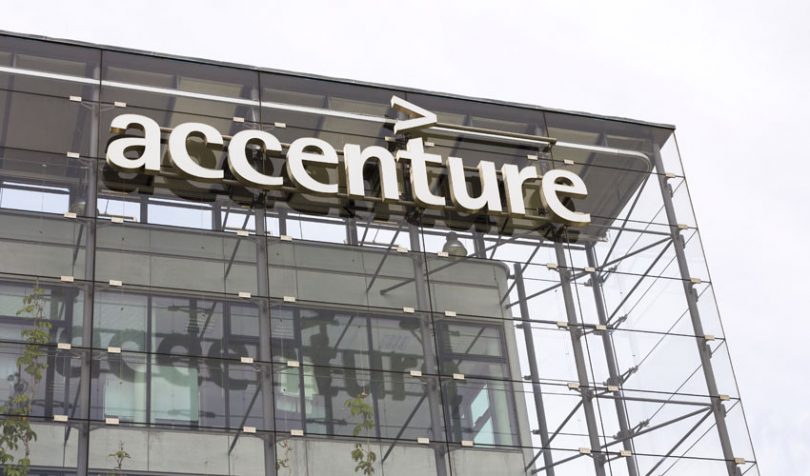Today, at CordaCon 2019, it was announced that Accenture and SAP have partnered with R3 to build a blockchain real-time gross settlement (RTGS) system. Central banks usually oversee RTGS, which allows nearly instant one to one settlement of high-value transactions.
The firms plan to create a distributed ledger technology (DLT) platform, which is interoperable with government-run payment systems. Rather than digital currency, it will utilize currency tokens as a proxy for central bank fiat money.
RTGS is made mainly of same-day payments and securities settlement. It fulfills two major roles; first banks deposit money with the central bank overnight, for balance sheet management purposes. Secondly, during the day, banks use their balances for payments and receipts to and from other banks.
“Because the current payment settlement infrastructure is highly complex and fragmented, RTGS systems that leverage DLT and cryptographically secure tokenized payments can help central banks improve efficiency and security,” said John Velissarios, global blockchain technology lead at Accenture.
The professional services firm will use its experience in blockchain and central bank clearing and settlements. SAP’s Payment Engine will underly the payment initiation and processing, while R3’s Corda will allow interaction between the DLT platform and conventional systems.
Cathy Minter, chief revenue officer at R3, said: “As digital currencies gather momentum, the need for interoperability between conventional and token-based systems is key in meeting the promises of tokenization.”
“Corda was designed to execute transactions seamlessly from the outset, with the highest levels of certainty and security. Through our relationship with Accenture and SAP, R3 is collaborating with two of the tech industry’s major players to provide a real-time gross settlement token-based exchange. The end result is nearly instantaneous settlements, which will reduce friction throughout the transaction chain,” she said.
Velissarios added: “The RTGS prototype, designed in collaboration with SAP and R3, demonstrates the next stage of efficiency in payment systems and ultimately, paves the way to linking to tokenized-assets, like equities, to create an increasingly integrated and seamless financial services ecosystem.”
R3 previously collaborated with the Bank of England on an RTGS system. Thailand’s central bank explored the idea of a tokenized RTGS earlier this year. The Singaporean and Canadian central banks previously raised the question of whether DLT could integrate with current systems. While it looked like Fnality, the firm behind the USC, might be the one to address this question, R3’s platform has promise.






